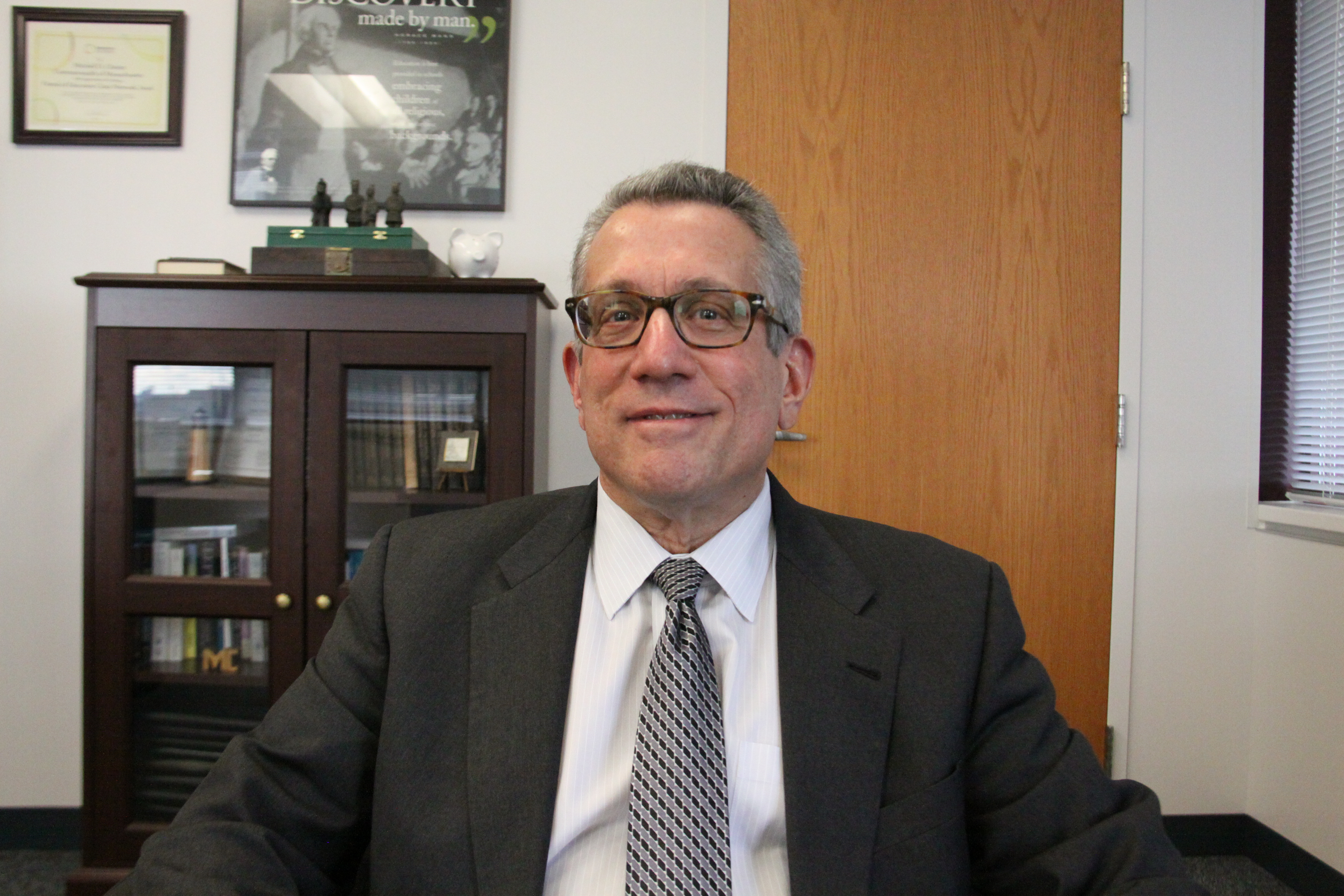
(Flickr: Alberto G.)
In 1987, Massachusetts launched "Spirit of America," a campaign called "The Spirit of America." It was designed to attract tourists to the state’s many historical sites.
Today, the state is spending $630,000 on another effort intended, in part, to attract people and big business by showcasing its education system.
"Massachusetts students and our schools have demonstrated that our system is right in league with some of the top-performing systems on the globe," said Massachusetts Education Commissioner Mitchell Chester.
In 2012, Chester unilaterally decided that Massachusetts would participate for the first time in the Program for International Student Assessment, or PISA, an exam that allows the state to compare its education system to that of other countries like Germany, Finland and Singapore.
Results released Tuesday morning show U.S. students at large are scoring below their peers in those top-performing nations. U.S. Education Secretary John B. King, Jr., who is expected to visit a school in Boston's Mattapan neighborhood Tuesday, says the country is "losing ground - a troubling prospect when, in today's knowledge-based economy, the best jobs can go anywhere in the world."
But there is some good local news. According to the most recent results from 2015, if Massachusetts were a country, it would compete with some of the world's top-performing education systems. The state would rank second in reading literacy - tied with Canada and just behind Singapore, although the commissioner points out that the difference is not statistically significant. Massachusetts would rank sixth in science literacy, and twenty-first in math literacy, between Austria and Norway - both international leaders.
Massachusetts students earned higher scores in all three subjects on PISA than the national and international average.
Related: How Massachusetts Schools Went From The Middle Of The Pack To First Place
For that reason, the state’s education commissioner believes the PISA exam is a good investment for the state.
"I think it's well worth the cost," Chester said. "Our students are going to grow up in a world that's so globally interdependent. So if we're not aiming as high as possible for what we can attain in Massachusetts, then we're missing the boat. We're shortchanging our future and our students' future."

Massachusetts Education Commissioner Mitchell Chester is celebrating the state's performance on an international test. (Kirk Carapezza/WGBH)
Acing the PISA exam, Chester said, also leads to economic benefits. He points to General Electric's recent decision to move its international headquarters to Massachusetts.
“We’re known as a state with high education in terms of our higher education institutions, but these results add to that portfolio and suggest that it’s not just about higher education. It’s about our elementary and secondary education system as well,” Chester said.
Education experts, though, argue that the PISA exam, which only takes three hours, is a bogus barometer of what students know - and know how to do.
"PISA is designed to be a non-curriculum-based test," said Tom Loveless, who studies school reform and student achievement at the Brookings Institution.
Loveless says there's no real harm in administering the test, but it doesn't actually measure anything.
For Massachusetts, Loveless admits, the test is a marketing opportunity to burnish its already-strong educational brand.
"[The state] does have a good school system, and of course it wants to crow about that as much as it can, and releasing new test results allows it to do that,” said Loveless.
About 50 of of the 409 school districts in Massachusetts take the exam. But the Commissioner's office won’t reveal which ones.
The U.S. Department of Education's National Center for Education Statistics, which organizes PISA in the U.S., has asked the state to keep the schools confidential and Commissioner Chester dismisses suggestions that the state is cherry-picking its best districts.
"For me, this is about where we are succeeding and it's great to see the success, but it's also about where should we be doing better and where we can doing better," Chester said.
Clearly state officials believe Massachusetts could be doing a better job in marketing its education system to attract top companies and top talent.
Earlier: The New SAT Lands Just As More Colleges Go Test-Optional










